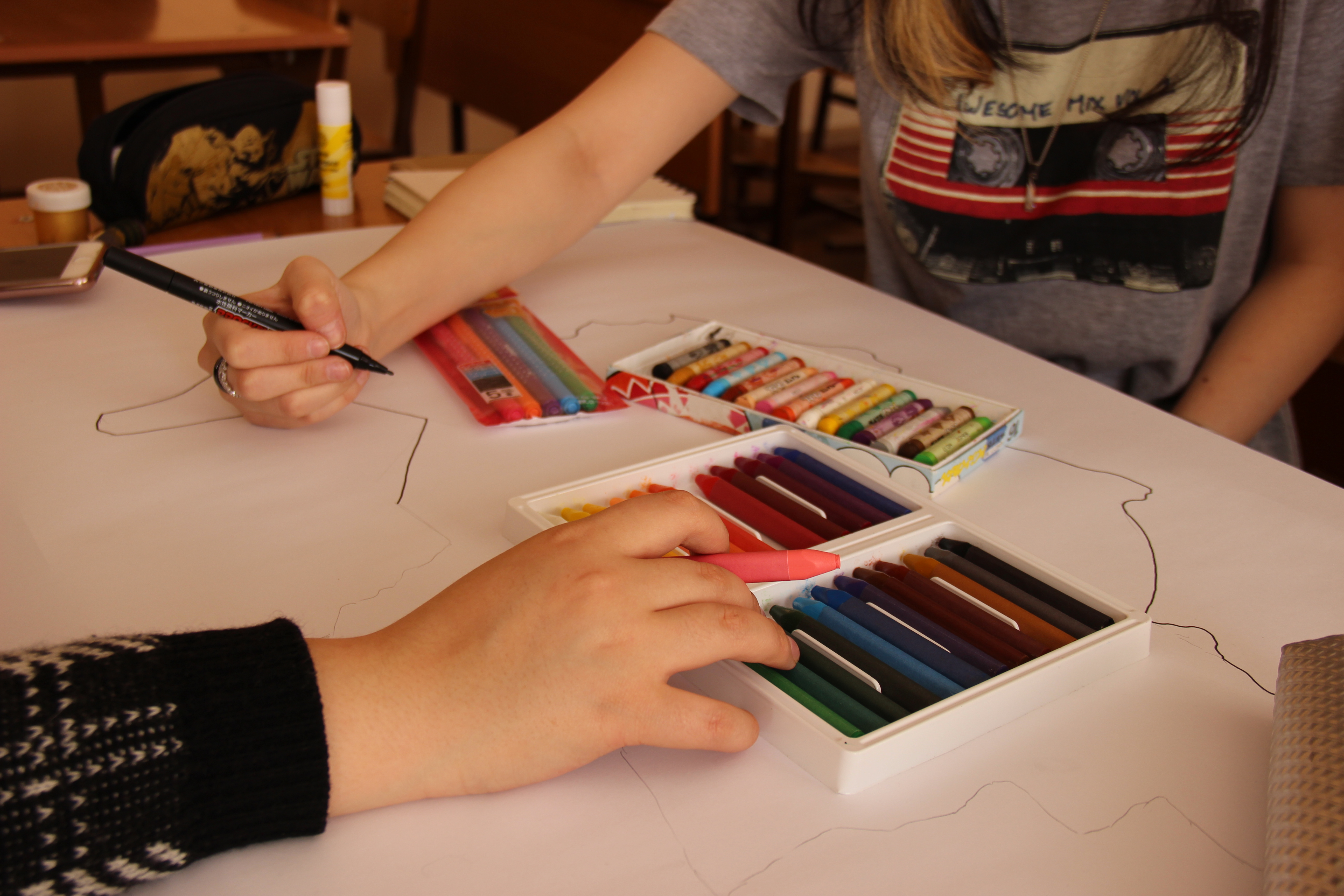Nauryz is the main holiday in the year among the Kazakhs and in many peoples of Asia, celebrated for more than five thousand years. Nauryz is a holiday of spring, renewal of nature, the beginning of a new year, a new life. It is celebrated several days starting from 21st of March, the day of the spring equinox. Kazakhs also often refer to Nauryz as “Ulystin uly kuni” which means “the great day of the nation”. The present day name of Nauryz derives from the Persian Novruz translated as a new day. The celebration of Nauryz has paganism roots, it is a feast of the worship of nature. Nauryz is a holiday that was celebrated before Islam. On this day, the heavenly bodies: the constellations and stars after a year’s cycle come to the point of their original stay and start a new path – a circle. During Nauryz celebrations, past offences are forgiven and forgotten and everybody makes a wish to leave all badness behind and bring renewal in the New Year.
On Nauryz it is a must to have a traditional festive dish nauryz-koje on the table. Kazakhs believe that one should eat much of this dish on Nauryz, then your year will be in prosperity. Nauryz-koje is a nutritional rich soup that is cooked from 7 ingredients: meat, water, flour, butter, millet (could be replaced with rice or corn), salt and milk. Each component of the dish symbolizes one of the seven life beginnings: growth, luck, happiness, wealth, health, wisdom and sky auspices. Nauryz is full of symbols. So, the number 7 has its special meaning in celebrating Nauryz – seven ingredients in nauryz-koje, that is afterwards poured into seven bowls and is laid in front of wise old men-aksakals. Each person should invite seven guests and should visit other seven houses.
City squares get full of yurts – traditional nomad houses, and many performances take place there. Here one can learn about the culture and lifestyle of nomads and find people wearing beautiful national clothes, listen to Kazakh songs and play of musical instruments, etc. In holiday exhibitions and fairs traditional gifts and souvenirs are sold.

Kazakhs always treated this holiday responsibly and began to prepare for it in advance. At the Eurasian National University (5 copes) have already begun preparations for this holiday. On Tuesday, at 14:00, teachers and students gathered in the library to celebrate this celestial holiday. Students made plaques dedicated to this day. Cues (кюй) were played, baursaks and cakes were cooked, the girls danced Kazakh folk dances and in general there was a very joyful and solemn atmosphere.
Nauryz is not only a state holiday in Kazakhstan that is celebrated for three days, but also acknowledged by UN as an International Holiday. Nauryz is celebrated in all countries of Central Asia, as well as Georgia, India, Iran, China, Turkey and others.
Farida Karsybekova
